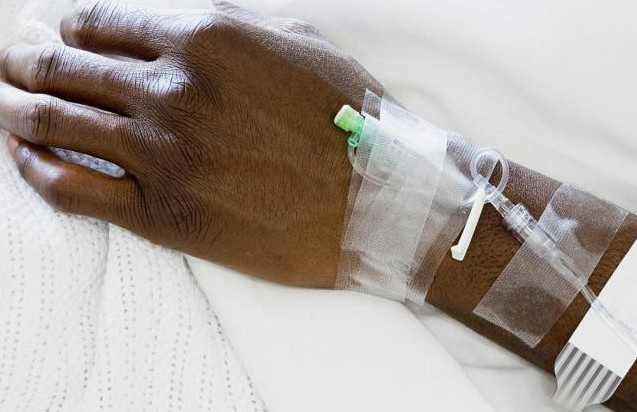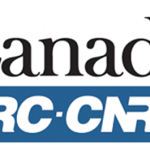The report was released this week by the Urban Institute and the Robert Wood Johnson Foundation.
The study, conducted in September 2020, found that 10.6% of Black nonelderly adults said they faced discrimination while seeking care based on their race, sexual orientation, disability, gender or health condition, compared to 3.6% of White adults and 4.5% of Latino adults. Race and ethnicity were the top factors cited in unfair treatment.
Among the Black adults who participated, women and low-income individuals faced the highest rates of discrimination, the report said.
Dulce Gonzalez, research associate at the Urban Institute, said the findings are consistent with data revealed in similar studies about discrimination in health care.
“Discrimination and unfair judgment in a health care setting can result in serious ramifications to health and have cumulative adverse effects on people’s lives,” Gonzalez said in a statement.
Mona Shah, senior program officer at the Robert Wood Johnson Foundation which funded the study, said the unfair treatment of Black people seeking health care “cannot be tolerated anymore.”
“Tackling health inequities stemming from racism or unfair treatment requires public policy, industry practices, and medical education that builds trust and addresses implicit bias and the historical roots of racism in the medical system,” Shah said in a statement.
The findings in the Urban Institute report come as the nation looks to end a Covid-19 pandemic that has impacted people of color at higher rates than White people. Still, some Black and Latino Americans have been hesitant to get the vaccine because of the nation’s history of racism in medical research and healthcare.
A recent study by George Washington University revealed that Black, Latino and Native Americans were largely underrepresented in the health care workforce. Researchers say more diverse representation is key to improving health outcomes for communities of color, including the Covid-19 spread.
Health advocates and civil rights leaders have criticized some states for lagging with equitable vaccine access for communities of color. On Tuesday, President Joe Biden announced he was moving up the deadline for states to make all adults eligible for the vaccine to April 19. The initial deadline was May 1.
Sources: CNN health
Black adults report bias in health care at higher rates than White and Latino people, study finds




















Add Comment